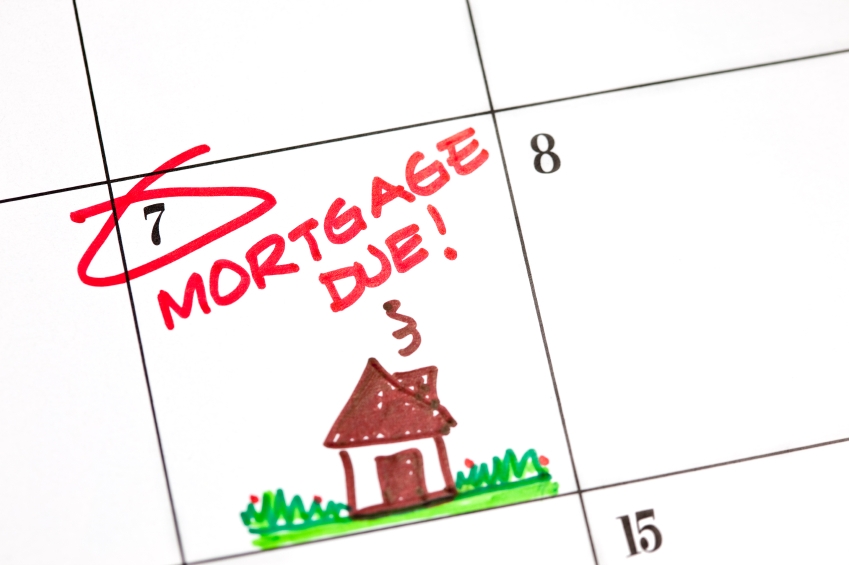Bridge the gap between one mortgage and the next.
What happens if you find your perfect home the day after you put your current home on the market? Like many people, you probably get excited. Don’t worry! There is an answer– bridge financing.
What is Bridge Financing?
Bridge financing is short term financing that’s based on the equity you have in the home you are selling. The current home is used as collateral and the bridge loan is used to pay closing on the new home prior to selling the current home.
- Bridge Financing: a short-term, high interest loan that “bridges” the gap between the purchase of a new home and the sale of a current or existing home, allowing a seller to purchase a new property before selling an existing property.
Equity is calculated by taking the sale price and subtracting the debts you currently owe on the home– the Canadian mortgage rate, secured line of credit (including prepayment penalties), real estate commissions, and legal fees. The net total is the basis for your bridge loan.
In 2010, homeowners borrowed $26 billion in additional equity from their homes. 15 percent of homeowners withdrew equity, averaging $30,000. (Source: CAAMP).
Generally, the interest on the best mortgage rate for this style of loan is considerably higher (1 to 3 percent above prime), and at times there is an administration fee tacked on. Be sure to ask your lender, and they might waive the fee for you.
Some bridge loans are structured to pay off the entire existing low mortgage rate at the bridge loan’s closing, while other variations of the loan add the new debt to the old debt. Bridge loans typically include six month terms.




